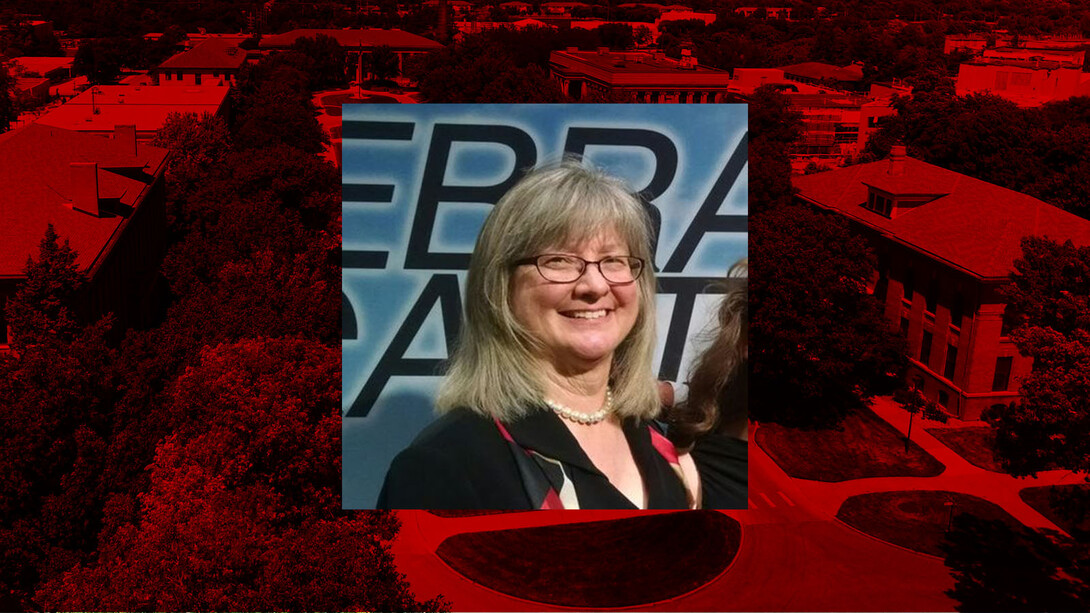
Lincoln, Neb. —Each year, the University of Nebraska-Lincoln’s Institute of Agriculture and Natural Resources appoints delegates to meet with elected officials and other decision makers and share stories of the impacts that UNL’s commitment to agriculture and natural resources has made in their own lives. These delegates are part of the national Council for Agricultural Research, Extension, and Teaching (CARET) program.
The work of Nebraska CARET delegates is centered around four priorities: solutions to prepare and protect our nation, training and treatment for global health security, transformational agriculture for a food and water secure world and federals programs for Nebraska’s research capacity and workforce.
Today we’re sitting down with Barb Cooksley, a rancher from Custer County, Nebraska, to discuss CARET and the important role the delegates play in advocating for agriculture and other issues important to Nebraska.
This question-and-answer series introducing Nebraska’s advocates for accessible, affordable higher education is part of the 40-year celebration of CARET this March. CARET delegates at the University of Nebraska help create once-in-a-lifetime opportunities for agriculture. The University of Nebraska works each day across all 93 counties within the state to help it grow stronger for the future.
Tell us a bit about yourself and your tie to IANR and Nebraska’s agriculture industry.
I live in the Sandhills, now recognized as the largest intact grassland in the world. I’m a 4th generation cow-calf producer with my husband, George. Our nephew and his family ranch and live in the yard with us. I attended UNL receiving two degrees in Agronomy-Range Management.
What does it mean to you to be one of Nebraska’s CARET delegates?
I have the opportunity to promote land grant university attributes to our federal delegation with real-world, on the ground examples i.e. -body condition scoring for cattle-extension or cedar encroachment research.
How has agricultural research, education and/or extension helped your community or industry?
Our county 4-H program youth involvement at all ages with family volunteers making it happen!
County Extension educators bring training like private pesticide applicator certification close to home.
What programs have you used your role as a CARET delegate to advocate for?
National Drought Mitigation Center, Precision Ag, like Ranch of the Future, Extension programs listed above.
Why are these programs important to you and to Nebraska?
Nebraska is the beef epicenter with cow-calf, stocker, feedlots and processing located right here. It’s going to take every sector to be efficient, sustainable, and profitable. UNL can find and is finding the answers.
What have you learned from serving as a CARET delegate?
The reach of the land grant system touches people across the country; traditional, historically black colleges, tribal colleges. In Nebraska, we also have our own Nebraska College of Technical Agriculture that no one else has!







